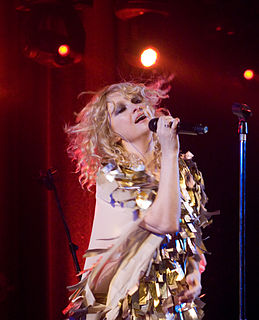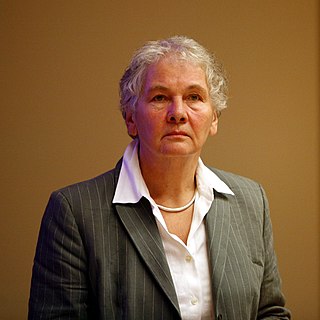A Quote by Hal Whitehead
We believe we're seeing, in other animals, a process, or an attribute, that isn't fundamentally different from what we see in humans, so it seems to us to be spurious to call them different things. Now there are aspects of human culture that we don't find in animals, and that's really interesting, but there are also probably aspects of animal cultures that we don't find in humans, and that's really interesting.
Related Quotes
Humans — who enslave, castrate, experiment on, and fillet other animals — have had an understandable penchant for pretending animals do not feel pain. A sharp distinction between humans and 'animals' is essential if we are to bend them to our will, make them work for us, wear them, eat them — without any disquieting tinges of guilt or regret. It is unseemly of us, who often behave so unfeelingly toward other animals, to contend that only humans can suffer. The behavior of other animals renders such pretensions specious. They are just too much like us.
When humans act like animals, they become the most dangerous of animals to themselves and other humans, and this is because of another critical difference between humans and animals: Whereas animals are usually restrained by the limits of physical appetites, humans have mental appetites that can be far more gross and capacious than physical ones. Only humans squander and hoard, murder and pillage because of notions.
Humans are particularly interesting; our culture is incredible, there's no doubt about that. In many respects, no other species matches ours. But in quite a few respects, they do, and that can help us, perhaps, to better understand our own culture. We look at the ways humans are similar to other animals, and at the ways they differ, rather than just saying, "We have culture and you don't."
Reversal is something that has been demonstrated in a number of different animals in a number of different ways. I think that's going to translate into larger animals and humans. We won't know until we try. But we are trying 65 different genes in different combinations to see if we can reproduce the aging reversal that we've seen in small animals.
I studied a lot of animal behavior and one of the things I find really interesting is the whole idea that animals are sensory based thinkers and I wrote about this in my book, Animals in Translation. That an animal's memory is not in words, they've got to be in pictures - it's very detailed so let's say the animal gets afraid of something - they'll get afraid of something that they're looking at or hearing, the moment the bad thing happens.
I think what's really interesting and useful about this question is that ultimately all art is a type of self-portraiture. And so in the act of identifying yourself, you're using others to get to that point. And so you're parsing out different aspects of different people in the world. You're choosing not only from America but increasingly globally different aspects of what's out there.
The animal liberation movement is saying that where animals and humans have similar interests - we might take the interest in avoiding physical pain as an example, for it is an interest that humans clearly share with other animals - those interests are to be counted equally, with no automatic discount just because one of the beings is not human.
It has been an obsession of human beings to create a hierarchy that places the human species on top and lumps all the "other animals" together beneath us. The resulting "speciesism" allows us to look upon animals as less deserving of all manner of rights and considerations than humans. To support this lower status, humans have argued that animals act instinctually; don't have souls; don't feel physical pain like we do; and lack self-consciousness, cognitive intelligence, emotional feelings, morality, and ethics.
We humans are in such a strange position—we are still animals whose behavior reflects that of our ancestors, yet we are unique—unlike any other animal on earth. Our distinctiveness separates us and makes it easy to forget where we came from. Perhaps dogs help us remember the depth of our roots, reminding us—the animals at the other end of the leash—that we may be special, but we are not alone. No wonder we call them our best friends.
So far as this argument is concerned nonhuman animals and infants and retarded humans are in the same category; and if we use this argument to justify experiments on nonhuman animals we have to ask ourselves whether we are also prepared to allow experiments on human infants and retarded adults; and if we make a distinction between animals and these humans, on what basis can we do it, other than a bare-faced - and morally indefensible - preference for members of our own species?
































